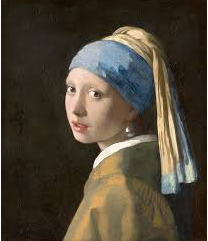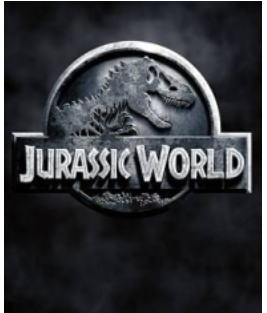No Olympics for Artists
Photo by Becky Weber
The Winter Olympics this year was huge. Time Magazine stated that 2,952 athletes participated. Those competitors came from 92 different countries, from all around the world. More than half the world turned their eyes to the event, watching masters in their own right compete for superiority — for that gold medal.
In many cases, the athletes would even settle for a chance to stand on the podium. With all these incredible athletes, I can’t help but to wonder, why isn’t there anything like this for the artists of the world?
I’m not saying that the Olympics are a negative thing. I absolutely love the Olympics. There’s something special about the — how it’s a more friendly competition, like some kind of get together with your extended family. However, the Olympics are ingrained in tradition, originating from Ancient and Greece and Rome. Since there wasn’t such an event for art back then, there isn’t one now. But that’s not to say that we can’t make one.
Surprisingly enough, art competitions for the Olympics have been done before. Richard Stanton, the author of The Forgotten Olympic Art Competitions, dug up some information on the subject. Back when the Olympics were being revived at the turn of the century, Baron Pierre de Coubertin (who was the trailblazer of the revival) had a firm belief in the arts and their inclusion in Olympics. There were several categories that participants were able to compete in such as literature, architecture, music, and much more. However, when the head of the Olympic Committee switched hands, the new President, Avery Brundage, disagreed with the inclusion of the arts. Brundage wanted the Olympics to be more traditional and close to the original Olympics and therefore he took out the art competition and all the medals were taken off the record. This shows that there is a precedent for art competitions on such a scale.
The trick about art is that in many ways it’s near impossible to grade or judge. Think back to the Olympics, specifically the figure skating. Sure the judges are looking for specific things, but, especially in the free skate, I just see a bunch of really pretty and incredibly impressive skating. But I couldn’t really tell you who I thought the winner was going to be, no more than I could for events like Project Runway. Half the time I find the losing dress to be prettier than the one that won, so either I’m not looking for the right things or it just comes down to preference. The same would be the problem with an art Olympics.
I would imagine an Art Olympics to be similar to the actual Olympics in that multiple different forms and types of art participate in the events. But again, how would you judge? How do you compare a hyper-realistic painting to an impressionist? Would the events be times, or would most of the handmade art be created preemptively beforehand? Are there just weeks worth of footage of people laboring over a single sculpture? Other events, like racing or ping pong, have clear winners. There’s a point system or a photo finish. However, with the arts, the lines are much shakier.
So this is my pitch for the new Olympics — Art Edition. We follow the idea that was there for the first few decades of the Olympic Games. Its setup similar to an art gallery, except the art is gathered from all over the world and put on display for a couple of weeks. Everything is put into categories, for some entries — like architecture — they’d naturally have to be pictures instead of the real thing. I guess the best way to try and solve the judging problem is to, first of all, give a subject for all the pieces. The panel of judges would have to be from different exemplary artists from across the globe, doing our best to dip into many different cultures without having an exorbitant amount of judges.
The Olympic Art Competition would be a way for artists across the world to connect and engage in friendly competition, and possibly even revive a love for arts. In 1932 200,000 people went to see the art that was submitted. I’d like to see something like that again.

Becky Weber is a senior at Bingham High School. She is academically focused, taking a love to school....






